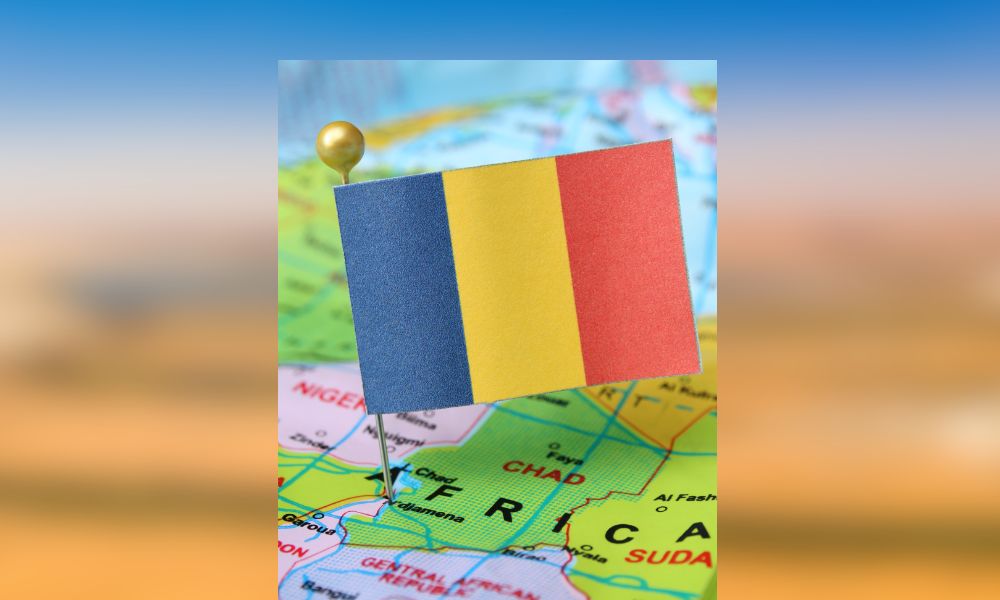There is no contesting the fact that the Lake Chad Basin (LCB), despite its enormous potential, is a region in the shadow of its former self as so many challenges bog down the residents of this once boisterous area.
The activities of Boko Haram terrorists and the Islamic State in West Africa Province (ISWAP) have battered this region and continued to make life brutish for its hapless inhabitants.
The Lake Chad region is in ruins and needs to be salvaged, given the challenges of food insecurity, development obstacles, disarmament, demobilisation, and reintegration of non-state armed groups.
Addressing these challenges requires enormous efforts, including the cooperation of all critical stakeholders. Indeed, this realisation is part of the reason the Lake Chad Basin (LCB) Governors’ Forum was formed: to ensure that the region overcomes these many challenges and unlocks its full potential.
Six years after the inaugural meeting of the LCB Governors’ Forum in May 2018, what has changed?
Steadfast political leadership and an unwavering commitment to confronting the region’s challenges have prevailed. Substantial progress has also been made in advancing stabilisation, peace, and sustainable development across the region.
Since its inception, the Forum has remained a source of hope, serving as the cornerstone for strengthening and promoting good governance, cross-border cooperation, dialogue, and coordinated action across the region.
Fundamentally, the Forum’s importance was recently brought to the fore when it galvanised its members and other critical stakeholders for a three-day meeting hosted by the Yobe State Government in Maiduguri from 29 to 31 January 2025.
The meeting’s theme was “Rebuilding the Lake Chad Basin: Consolidating Gains, Commitment to Peace, Cross-Border Cooperation, Security, and Sustainable Development for a Resilient Community. ” It underscored the need for collective action and partnership.
President Bola Tinubu aptly noted that LCB Governors’ Forum members embody the will to protect the region and the transformative potential that stability brings.
More than anything, the meeting afforded stakeholders, including the governors, traditional rulers, development partners and others, the opportunity to deliberate on how best to address the region’s challenges.
One thing is certain, though: there is an overarching need to strengthen governance and stabilisation frameworks. These frameworks are the foundation for much-needed lasting peace and security not only in the region but across the country and even on the continent.
In our opinion, the response to the threats posed by these terror elements must be multifaceted, encompassing military solutions and other strategies that delve into the root causes of the insecurity, poverty and inequality that permeate the region.
But as the host of the 5th Lake Chad Governors’ Forum, Governor Mai Mala Buni of Yobe State said during his welcome address, the meeting is a testament to the collective resolve of all the critical stakeholders to forge a resilient, peaceful, and prosperous Lake Chad Basin.
Interestingly, Buni demonstrated an uncanny commitment to salvaging the LCB through the efforts the Yobe State government brought to bear on hosting the meeting. His nomination to chair the forum for the next two years is no doubt a fitting acknowledgement of both his leadership roles and commitment to salvaging the LCB.
Over the years, insecurity, especially in the Lake Chad Basin, owing to the activities of Boko Haram terrorists, has not only rendered this region of huge potential prostrate but has led to the displacement of millions of citizens who were also thrown into poverty following the loss of their source of livelihood. Efforts are presently being made to restore the region to its peaceful mode and ultimately ensure that those displaced are effectively resettled. Essentially, to make the much-needed impact, the resettlement of displaced persons must be accompanied by comprehensive strategies that restore livelihoods, rebuild infrastructure, and foster social cohesion.
This will require concrete measures to ensure that those returning to their ancestral homes after long years of displacement have access to essential services and economic opportunities.
We firmly believe that to get the desired impact from this resettlement effort, top priority must be accorded to women and youth whose active participation in economic activities will accelerate progress and build more resilient communities.
More than anything, the meeting was an opportunity for states and provinces around the Lake Chad Basin region across Nigeria, Niger, Chad and Cameroon republics to discuss and reflect on the journey so far since the regional strategy for stabilisation, recovery, and resilience became operational five years ago.
Even more important is the political will to follow through decisions arrived at during meetings like the one just held in Maiduguri. The region has seen many of such meetings. What is needed urgently is action to bring about the kind of progress the people of the region desperately crave for.
